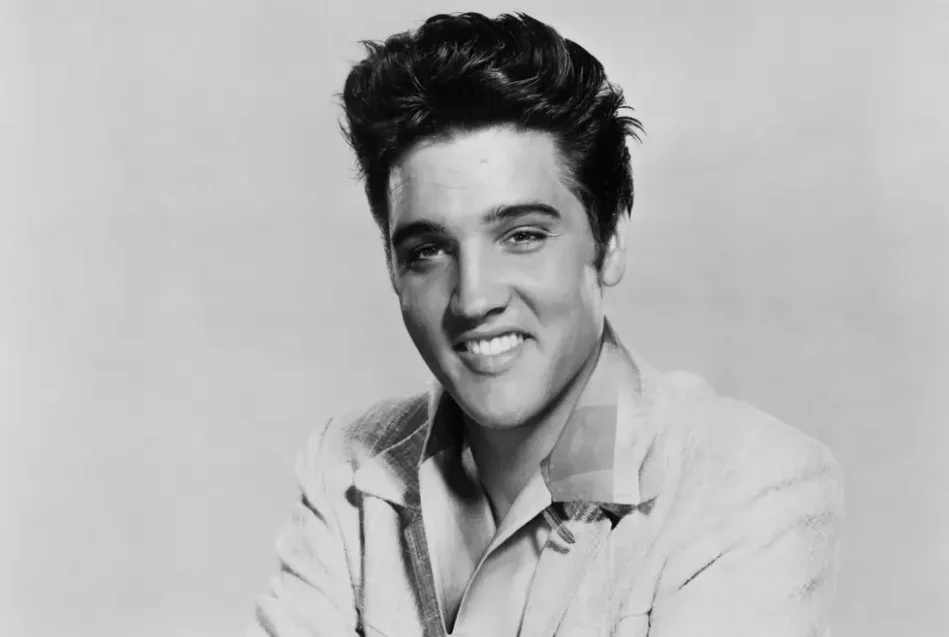British immersive entertainment company Layered Reality has unveiled a novel endeavor utilizing artificial intelligence (AI) to resurrect the legendary rock and roll figure Elvis Presley for live performances using his old photos and videos.

Using artificial intelligence and holographic projections of Elvis created from thousands of personal photographs and home videos, “Elvis Evolution” will provide admirers with an immersive experience.
The virtual experience will transport spectators through every stage of Elvis Presley‘s life, beginning with his humble beginnings in Mississippi and culminating in his legendary Las Vegas performances at Graceland.
In an interview with Reuters, Andrew McGuinness, CEO of Layered Reality, stated that Elvis’ “live” AI performance will be the “climax” of the experience.
Following its November debut in London, the production will proceed to Las Vegas, Berlin, and Tokyo, among others.
This event signifies the resurgence of an AI-powered revival of a former celebrity, which has transpired twice within the past few months.
With the assistance of artificial intelligence, Universal Music Group (UMG) published in November 2023 what was considered the “last song” by the Beatles. By employing artificial intelligence to replicate the vocal recording by John Lennon, the track “Now and Then” was rendered possible.
Other working musicians in the industry have also adopted the practice of utilizing AI. Prominent musician and producer Grimes was among the initial artists to express dissent towards the technology. She announced in April 2023 that she would distribute fifty percent of the royalties to developers of AI music using her vocals.
Following this, Grimes introduced elf.tech, an open-source software program whose exclusive purpose is to emulate her voice using artificial intelligence for lawful music production.
Nevertheless, the reception of AI replication has yet to be consistently positive. The Screen Actors Guild-American Federation of Television and Radio Artists strike, which halted Hollywood for 118 days, included this as one of the pivotal negotiations.
The final agreement established and defined the scope of protection regarding the production, utilization, and modification of “digital replicas” featuring performers.
However, numerous individuals in Hollywood continued to be dissatisfied with the notion that AI replication might reduce employment opportunities and have repercussions for their future visage utilization.
